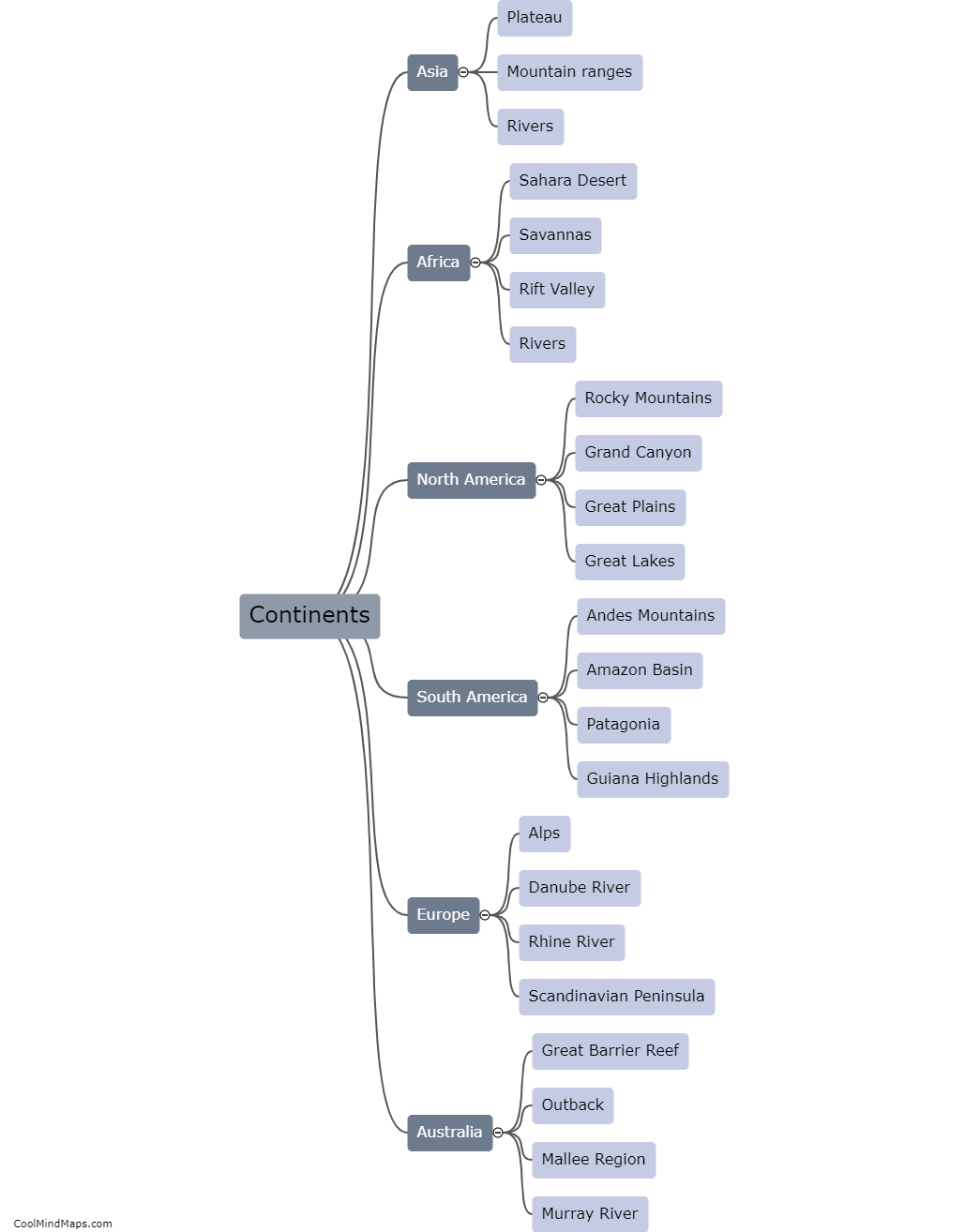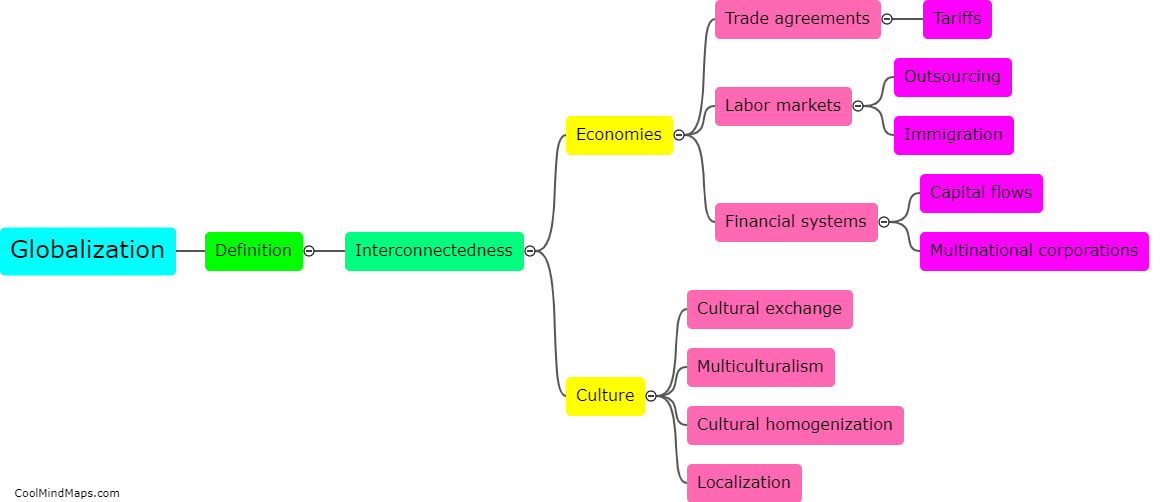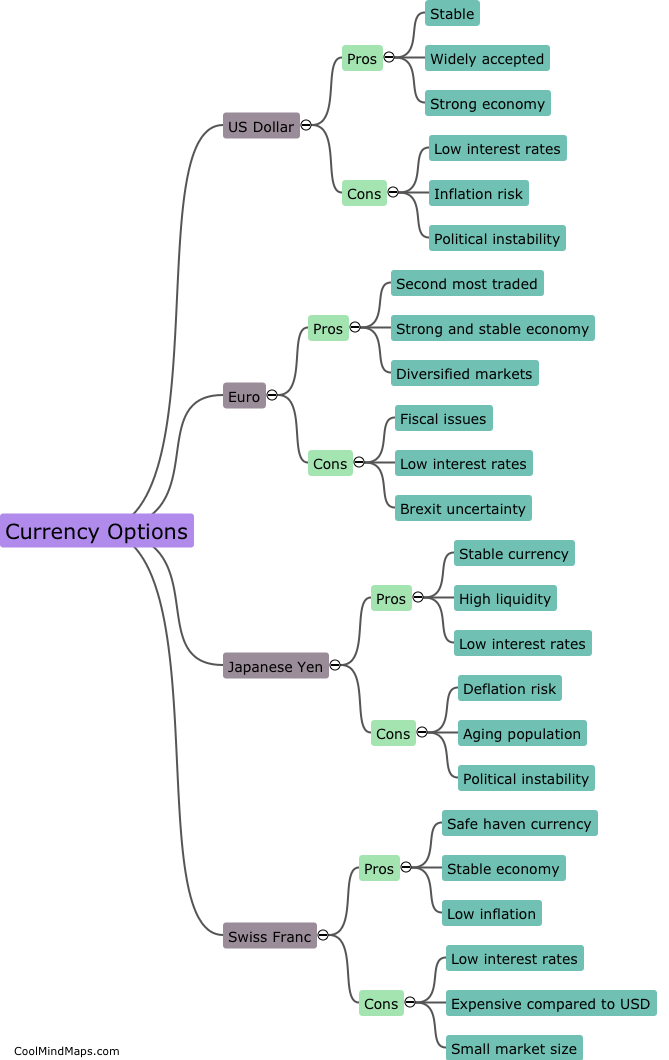Factors affecting currency value
The value of a currency is determined by various factors such as interest rates, inflation, political stability, trade balance, and economic growth. When a country's interest rates rise, its currency tends to strengthen as there is a higher demand for the currency to earn higher returns. Inflation also affects a currency's value, as high inflation rates can reduce the purchasing power of a currency. Political stability is also critical in determining currency value, as political uncertainty can make investors hesitant to hold the currency, reducing its value. Trade balance is another factor as when a country's exports are greater than its imports, it leads to an increase in demand for its currency, therefore strengthening it. Finally, economic growth also impacts currency value as an expanding economy will attract more foreign investment, leading to an appreciation in the value of the currency.

This mind map was published on 1 May 2023 and has been viewed 101 times.











